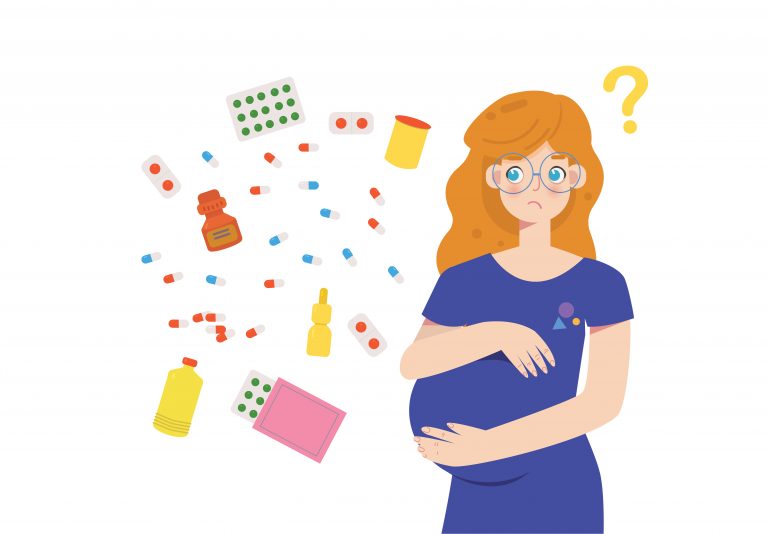There is no doubt that an appropriate dose of vitamins will not only help us fight various diseases but will also improve and ensure proper and balanced development of our body.
What are the characteristics of supplements for pregnant women?
On the dietary supplement market, we can currently find plenty of supplements and vitamins both for pregnant women and breastfeeding moms. The rich offer in this respect can be useful for us, however, we should remember to make sure whether a given preparation is suitable for us before starting to use it.
Ingredients necessary in a pregnant woman's diet
Vitamins should be an essential part of a nursing woman's diet. During breastfeeding, a woman's body uses an enormous amount of energy for milk production, so it is necessary to provide the body with more calories during the meals eaten during the day. The increased need for energy and nutrients such as carbohydrates, fat, and protein also means that the body requires more vitamins and trace elements. Therefore, it is assumed that only maintaining a healthy, balanced, and varied diet, enriched with a sufficient amount of various nutrients, releases us from the need to take dietary supplements, whether during pregnancy or breastfeeding.
Vitamins in the diet of a pregnant woman
Vitamins that the body requires in increased amounts during breastfeeding include vitamins A, C, B vitamins, D, and vitamin E, but also such chemical compounds as niacin, biotin, pantothenic acid, and choline.
Minerals in the diet of a pregnant woman
In addition to vitamins, minerals in the form of calcium, magnesium, iron, iodine, selenium, zinc, and copper should be an essential part of a nursing woman's diet.
Omega 3 acids in the diet of a pregnant woman
It is also worth mentioning that apart from vitamins, the prepared meals should contain DHA and EPA fatty acids, i.e. omega - 3 acids, whose primary task is to ensure the proper work of the immune system and the nervous system.
Vitamin C
In addition to affecting the immune system, vitamin C accelerates wound healing, inhibits gum bleeding and seals blood vessels. Rich sources of vitamin C include rosehips, red peppers, parsley, and fruits such as black currants, acerola, and citrus fruits.
Calcium
The main benefit of vitamin D is that it promotes calcium mineralization. The most valuable sources of vitamin D will be fish, eggs, butter, yeast, or liver. It is indicated that the amount of vitamin D for nursing mothers is comparable to the requirement for pregnant women, i.e. 800-1000 IU. (20-25 μg) per day.
Magnesium
Its deficiency may be one of the reasons for anemia; moreover, it ensures the proper functioning of the nervous system, among other things. Products rich in magnesium include fruits such as bananas and vegetables such as cereal sprouts. As for snacks, nuts and dark chocolate are also good sources of magnesium.
Iron
Iron deficiency is the main cause of anemia, so it is extremely important to take care of its sufficient intake. The best dietary sources of iron are offal, meat, fish, whole grain bread, and green vegetables.
Vitamin B9 - folic acid
During lactation, the recommended daily intake of folic acid reaches up to 5.3 mg/day, because the vitamin is continuously secreted into the breast milk. Valuable sources of folic acid are green vegetables, whole grain products, and citrus fruits.
Docosahexaenoic acid - DHA
Its primary task is to ensure the proper functioning of the immune and nervous systems. DHA is mainly presented in fish, such as mackerel, salmon, or tuna. We can also find a significant amount of iodine in them, which takes care of the thyroid gland in the body. According to medical standards, the recommended dose of DHA is 200-300 mg per day, whereas when fish is not in a frequent position in the mother's diet, its intake from supplements should be increased to as much as 500 mg of DHA per day.






